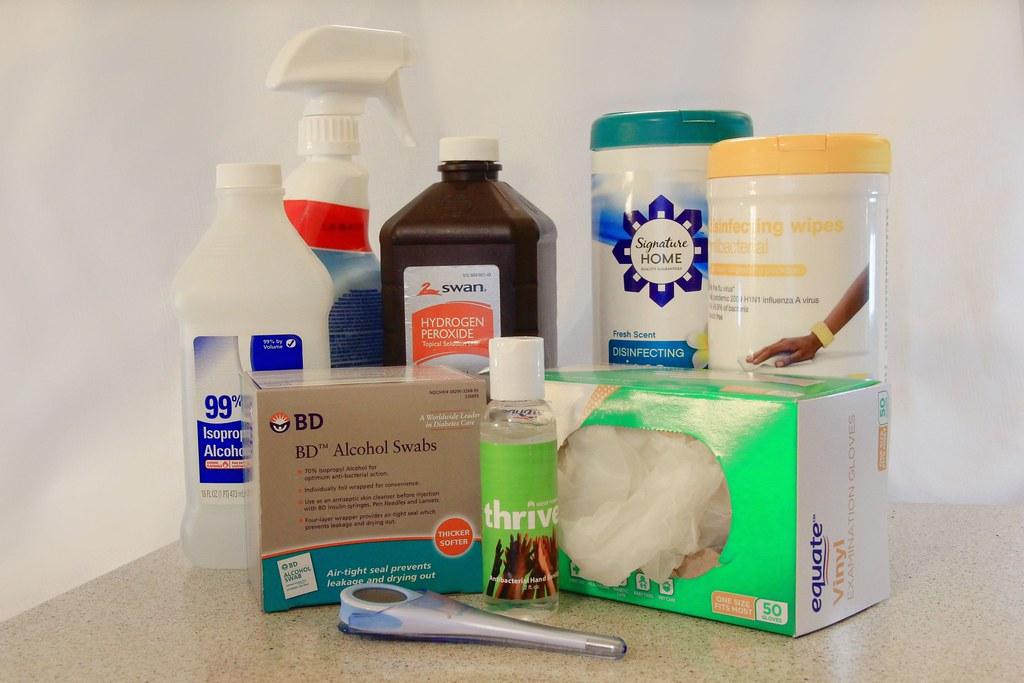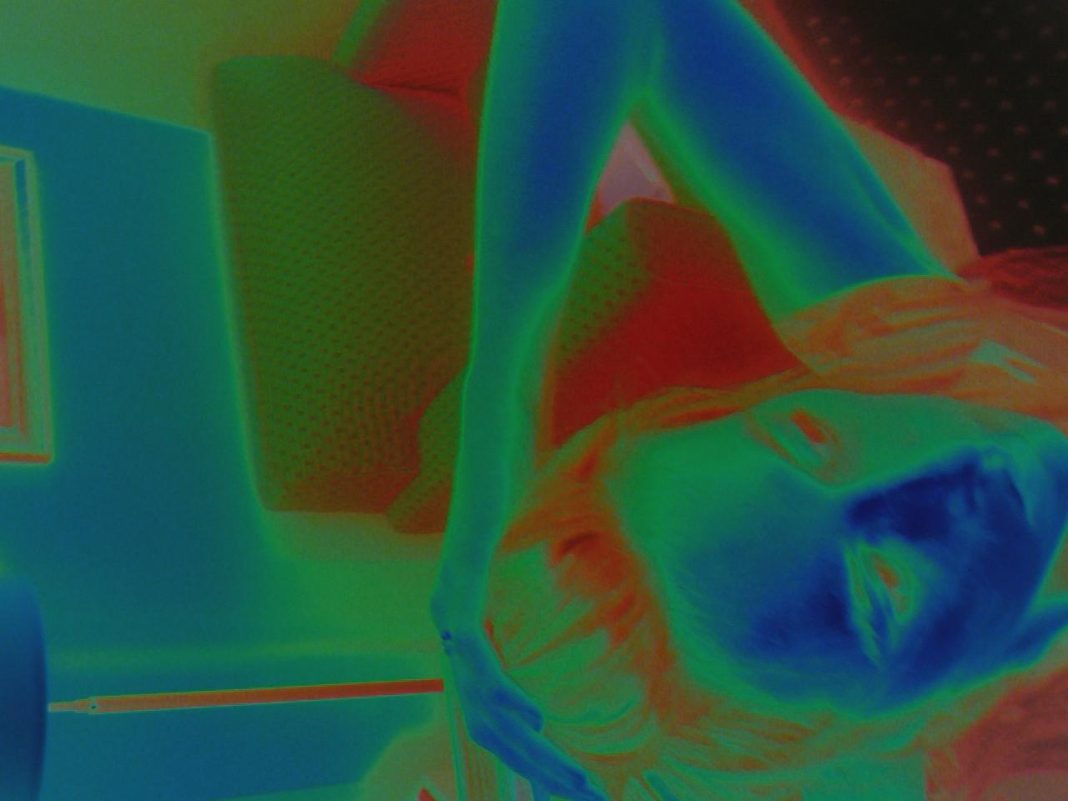In the intricate dance of human physiology, hormones orchestrate a symphony that influences our mood, energy, and overall well-being. Among these, testosterone stands as a conductor, guiding vital processes that define much of human health and vitality. However, in the modern age, a silent antagonist has emerged—stress. This ubiquitous companion of contemporary life wields a powerful influence, capable of disrupting the harmonious flow of hormones. As we delve into the nuanced interplay between stress and testosterone, we uncover a narrative that not only sheds light on the delicate balance within our bodies but also offers insights into the broader implications for physical and mental health. This article explores the pathways through which stress exerts its influence on testosterone production, unraveling the complex relationship that underscores the importance of managing stress for maintaining hormonal equilibrium.
Understanding the Stress-Testosterone Connection
In the intricate dance of hormones, stress often plays the role of an uninvited guest, subtly yet significantly impacting testosterone levels. When the body perceives stress, it activates the hypothalamic-pituitary-adrenal (HPA) axis, leading to the production of cortisol, the so-called ”stress hormone.” This rise in cortisol can interfere with the synthesis of testosterone, creating a hormonal tug-of-war. The delicate balance between these two hormones is crucial for maintaining overall health and well-being.
- Increased Cortisol Levels: High stress triggers a cascade of hormonal responses, culminating in elevated cortisol which can inhibit testosterone production.
- Impact on Sleep: Stress often disrupts sleep patterns, and since testosterone production primarily occurs during deep sleep, this disruption can lead to reduced hormone levels.
- Lifestyle Factors: Chronic stress can lead to unhealthy lifestyle choices such as poor diet and lack of exercise, both of which are known to negatively affect testosterone levels.
The Biological Pathways of Stress-Induced Hormonal Changes
In the intricate dance of biological responses, stress acts as a formidable conductor, orchestrating a cascade of hormonal changes. When the body perceives stress, the hypothalamic-pituitary-adrenal (HPA) axis springs into action, releasing a symphony of stress hormones like cortisol. This surge in cortisol, while essential for immediate survival, can inadvertently disrupt the delicate balance of testosterone production. Cortisol and testosterone often engage in a biochemical tug-of-war, where elevated cortisol levels can suppress the synthesis of testosterone, the hormone pivotal for maintaining muscle mass, mood stability, and overall vitality.
- Activation of the HPA axis: Initiates a hormonal chain reaction that prioritizes survival over reproduction.
- Increased cortisol production: Leads to a suppression of gonadotropin-releasing hormone (GnRH), reducing testosterone synthesis.
- Impact on reproductive function: Prolonged stress can lead to decreased libido and fertility issues due to lower testosterone levels.
The biological pathways involved highlight the body’s resource allocation strategy during stressful times, favoring immediate defense mechanisms over long-term reproductive success. This evolutionary trade-off underscores the importance of managing stress to maintain hormonal equilibrium and overall well-being.

Impact of Chronic Stress on Male Health and Well-being
Chronic stress is more than just a mental burden; it has profound physiological effects, particularly on hormonal balance. In men, one of the most significant impacts is the reduction of testosterone production, a vital hormone responsible for numerous bodily functions. When the body is under continuous stress, it releases cortisol, the primary stress hormone. Elevated levels of cortisol can suppress the normal production of testosterone, leading to a range of health issues.
- Reduced libido: Lower testosterone levels can lead to a decreased sex drive, impacting intimate relationships.
- Mood disturbances: Testosterone plays a role in mood regulation, and its reduction can contribute to feelings of depression or anxiety.
- Decreased muscle mass: Testosterone is crucial for muscle growth, and its deficiency can lead to a loss of muscle mass and strength.
- Fatigue and low energy: Men with lower testosterone levels often experience chronic fatigue, affecting their daily productivity and overall quality of life.
Understanding the relationship between stress and testosterone is essential for maintaining male health and well-being. By addressing chronic stress through lifestyle changes and stress management techniques, men can help preserve their hormonal balance and overall vitality.

Practical Strategies to Mitigate Stress and Support Hormonal Balance
Finding ways to alleviate stress and promote hormonal harmony is crucial for maintaining optimal testosterone levels. Here are some effective strategies:
- Mindfulness and Meditation: Practicing mindfulness techniques, such as meditation and deep-breathing exercises, can significantly reduce stress levels. These practices help calm the mind and regulate the body’s stress response, which in turn supports hormonal balance.
- Regular Physical Activity: Engaging in regular exercise not only boosts physical health but also serves as a powerful stress reliever. Activities like yoga, strength training, or even a brisk walk can help lower cortisol levels and improve testosterone production.
- Balanced Nutrition: A diet rich in whole foods, healthy fats, and lean proteins can support hormonal health. Incorporating foods high in zinc and vitamin D, such as nuts, seeds, and fish, can further aid in maintaining testosterone levels.
- Adequate Sleep: Prioritizing quality sleep is essential for stress management and hormonal balance. Establishing a consistent sleep schedule and creating a restful environment can enhance sleep quality and support testosterone production.








